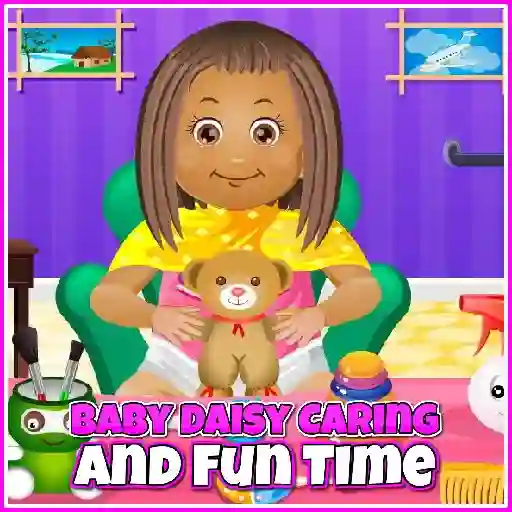
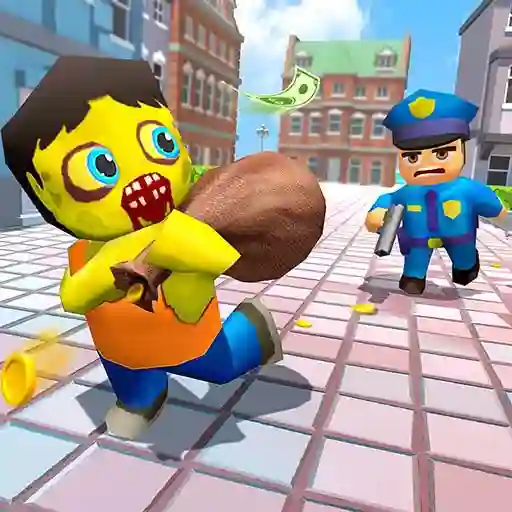

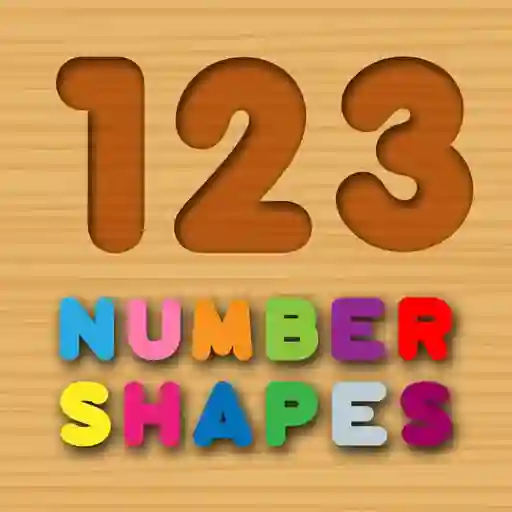
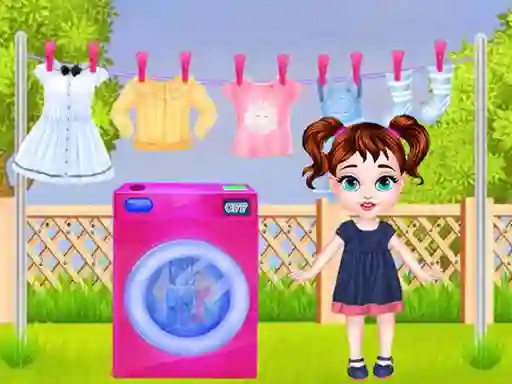
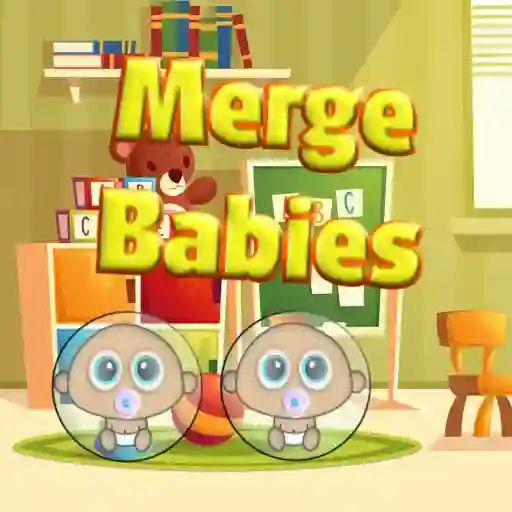











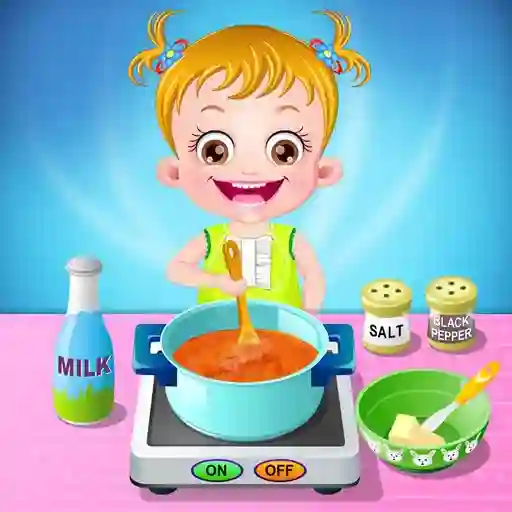


















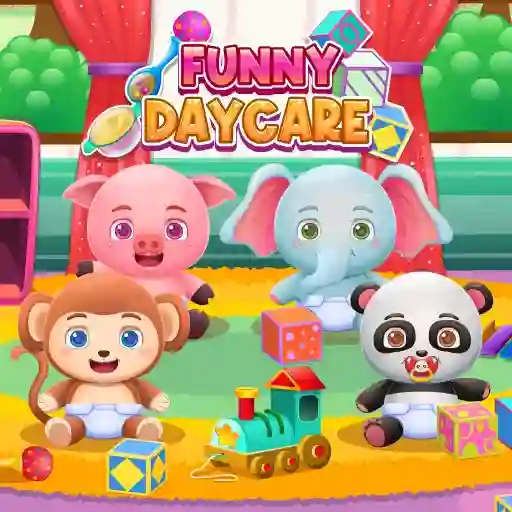



Baby games are educational and entertaining experiences designed for young children, often focusing on creativity, problem-solving, and motor skill development. These games typically feature simple, intuitive gameplay, bright visuals, and child-friendly themes. Common elements include:
• Interactive puzzles and shape-sorting activities
• Colorful animations and soothing music
• Educational content, such as alphabet, number, and animal recognition
• Creative tools, like drawing or building games
• Safe, non-competitive environments
• Parental guidance options to track progress and adjust difficulty
These games are designed to be engaging yet gentle, making them perfect for toddlers and preschoolers who are just beginning to explore digital play.
What is the recommended age for baby games?
Baby games are generally designed for children aged 0 to 3 years, but some games may be suitable for older preschoolers as well. Always check the game's description for age recommendations.
Are baby games educational?
Yes, most baby games are designed to be educational, teaching skills like shape recognition, color identification, and basic problem-solving. They often incorporate nursery rhymes, alphabet, and number games to help with early learning.
Can baby games be played without supervision?
While baby games are designed to be safe and child-friendly, it’s recommended that parents or caregivers supervise play sessions, especially for younger toddlers. This helps ensure the child uses the game effectively and stays focused on learning objectives.